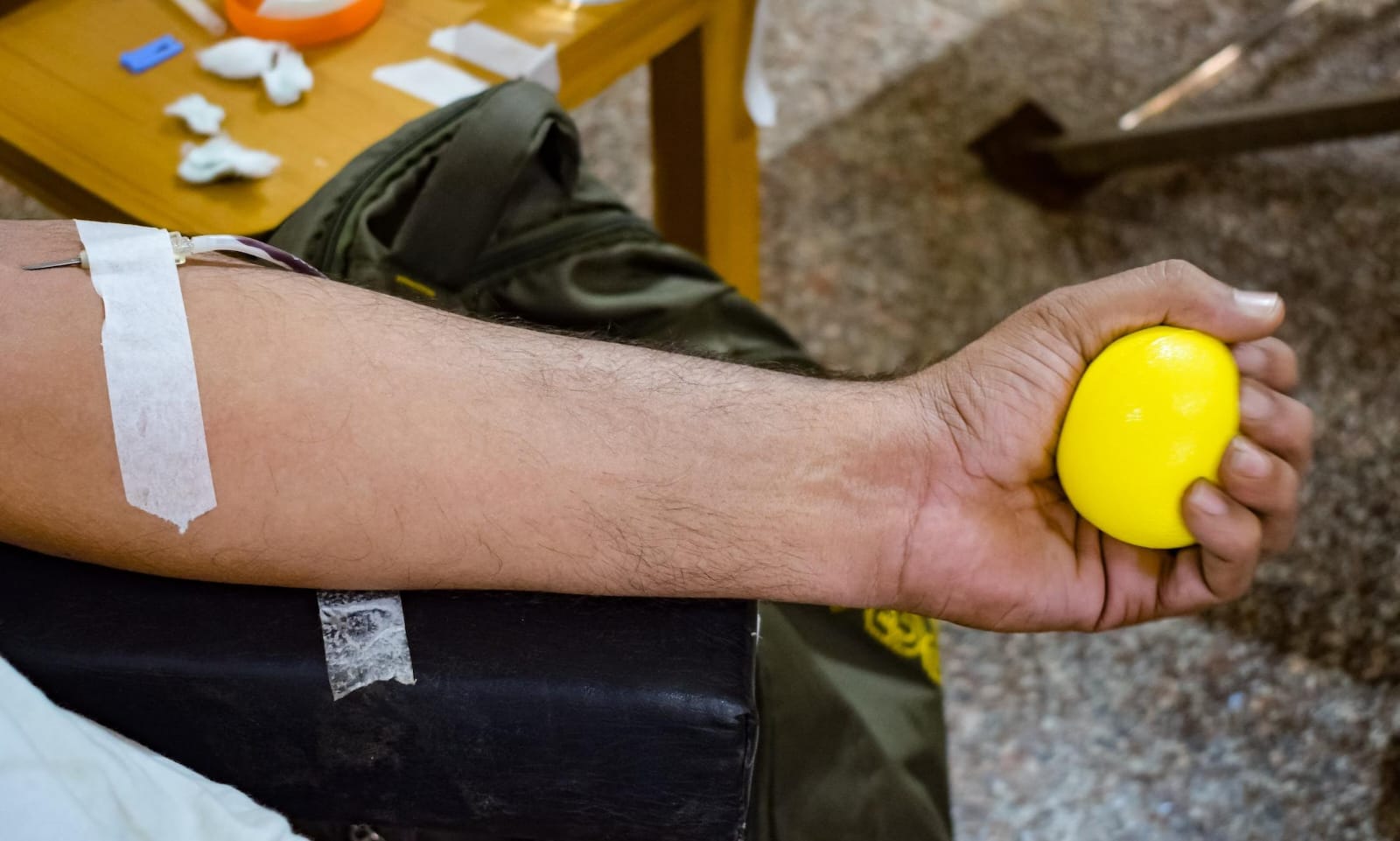Introduction:
Blood donation is a noble act that has the power to save countless lives. Every drop of blood donated can make a significant difference in the lives of patients in need of transfusions due to accidents, surgeries, medical conditions, or emergencies. In this essay, we will explore the importance of blood donation, its benefits, and how it serves as a lifeline for those in dire need.
The Vital Importance of Blood Donation:
- Saving Lives: Blood donation is a lifesaving act. Donated blood is used in various medical treatments, surgeries, and emergencies to replace lost blood or provide essential components like red blood cells, platelets, and plasma.
- Critical Medical Conditions: Patients with medical conditions like cancer, anemia, and blood disorders rely on regular blood transfusions to manage their conditions and improve their quality of life.
- Accidents and Emergencies: In cases of accidents, natural disasters, or mass casualties, a readily available supply of blood is crucial for immediate medical care and trauma management.
- Surgical Procedures: Complex surgeries, including organ transplants and cardiac surgeries, often require large volumes of blood. Without adequate blood supplies, these procedures would be significantly riskier.
- Newborns and Premature Babies: Neonatal units frequently use blood transfusions to treat premature infants and babies with health complications.
Benefits of Blood Donation:
- Health Benefits for Donors: Blood donation can have health benefits for donors. It stimulates the production of fresh blood cells, reduces the risk of certain diseases, and lowers the risk of excessive iron accumulation in the body.
- Community Engagement: Donating blood fosters a sense of community and social responsibility. It allows individuals to contribute directly to the well-being of others.
- Medical Screening: Donated blood is thoroughly screened for diseases, including HIV, hepatitis, and other infectious agents. This screening process can help identify health issues in donors early.
- Economic Savings: Blood donation reduces healthcare costs. Timely access to donated blood can prevent complications and reduce the length of hospital stays.
Promoting Blood Donation:
- Awareness Campaigns: Governments, healthcare organizations, and non-profits should run awareness campaigns to educate the public about the importance of blood donation and the continuous need for blood supplies.
- Blood Drives: Organize regular blood donation drives in schools, workplaces, and community centers to make the donation process convenient for potential donors.
- Incentives: Some countries offer incentives, such as paid time off or small rewards, to encourage blood donation.
- Mobile Apps: Develop mobile apps that allow individuals to find nearby blood donation centers, receive updates on blood donation events, and track their donation history.
- Donor Appreciation: Recognize and appreciate donors through certificates or small tokens of gratitude to encourage repeat donations.
Conclusion:
Blood donation is a selfless act of compassion that has the power to save lives and improve the health and well-being of countless individuals. It serves as a vital lifeline for those in dire need, whether due to medical conditions, accidents, or emergencies. By promoting awareness, encouraging regular donation, and recognizing the invaluable contribution of donors, we can ensure a continuous and sufficient supply of blood to meet the medical needs of our communities. The act of donating blood is a gift of life that exemplifies the best of human kindness and solidarity.

